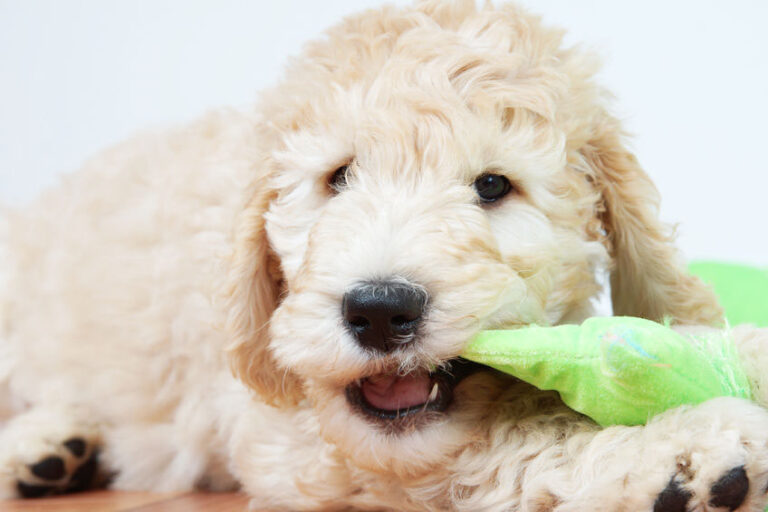Rubber bands. Towels. Corn cobs. A toy superhero. Gorilla glue. Pacifiers. A pair of sandals.
I could go on and on about the items we have removed from the stomach or intestines of dogs (and cats) during surgery here at CHAI. Let’s discuss how we approach these cases.
Many dogs, and some cats, have the bad habit of eating things that they shouldn’t. It happens typically with younger animals, though middle-aged to older pets can make poor diet decisions as well from time to time. Sometimes owners see their pet eat the offending item, or they come home to a shredded couch/carpet/underwear drawer. Sometimes, it’s not so obvious, and it’s only when symptoms of gastrointestinal troubles begin that the possibility of foreign body ingestion arises.
If a foreign object is known to have been ingested, call your veterinarian right away. Some of these objects will pass normally with no intervention. Sometimes we can induce vomiting, depending on what the object is, and if it’s still in the stomach. Some objects are not safe to have the pet vomit – sharp objects, objects that are potentially caustic (like batteries) and objects that could potentially get lodged in the esophagus can do a lot of damage if vomiting is induced.
Sometimes, endoscopy can be used to retrieve objects in the stomach. We refer patients to local specialists for this procedure. General anesthesia is required, and a flexible scope with a camera is passed from the mouth into the stomach to grab and extract the foreign body. This is preferable to surgery when possible, as it avoids some of the potential complications that can occur with abdominal surgery.
In some cases, the object is too large to be removed with a scope, or it has passed into the intestine and is unable to pass all the way through the intestinal tract. Dogs and cats may show symptoms like vomiting, loss of interest in food, difficulty defecating, and lethargy. When intestinal obstructions occur, surgery is required to remove the foreign object. If the obstruction is severe or longstanding, or if the object has caused a perforation in the bowel, removal of a portion of the intestine may be necessary.
Foreign body ingestion can be hard to prevent if your dog or cat is a habitually indiscriminate eater. The best prevention is keeping the house and yard tidy, and keeping appealing items out of reach. Some dogs that are really insistent on eating socks, rocks, etc. may need to wear a basket muzzle for their own protection.
Accidents happen, though, and even the most vigilant pet owner can’t prevent their pet from consuming something they shouldn’t 100% of the time. Call your veterinarian if you suspect your pet has had a dietary indiscretion, or if they are displaying any of the symptoms discussed above. We’re here to help!
Copyright: mirage3 / 123RF Stock Photo

